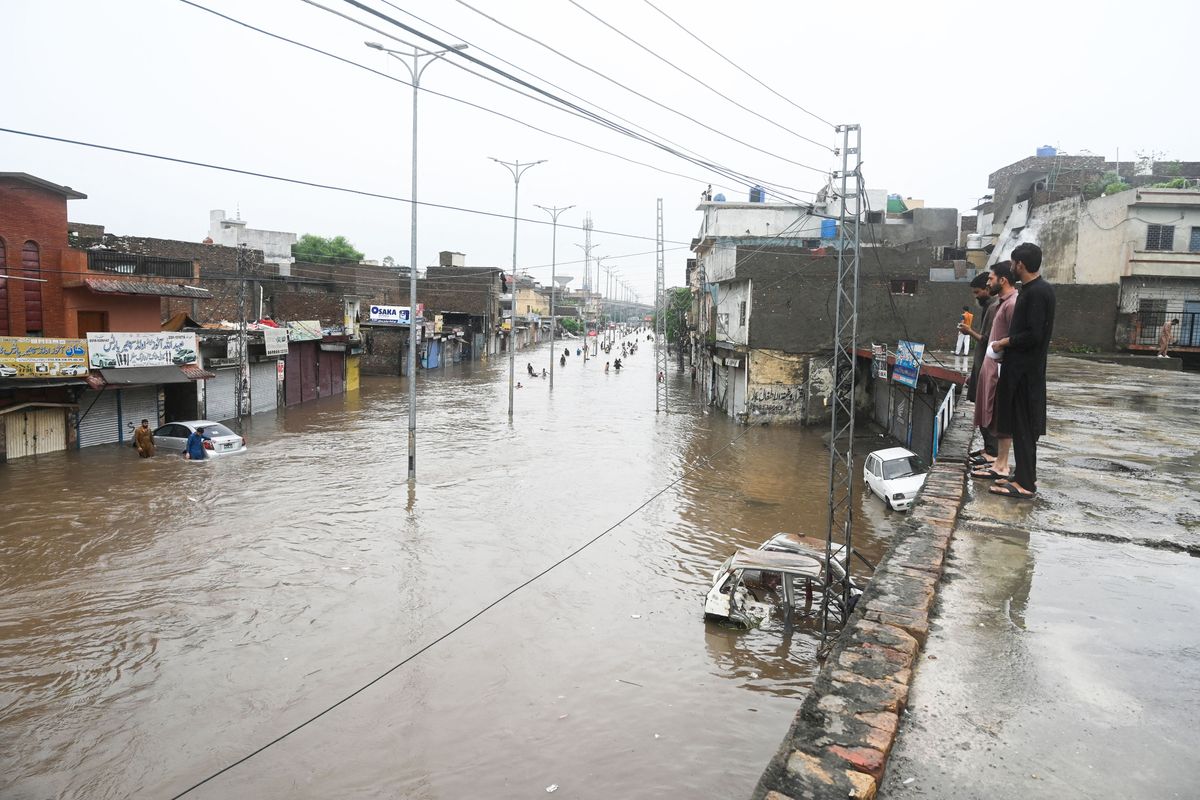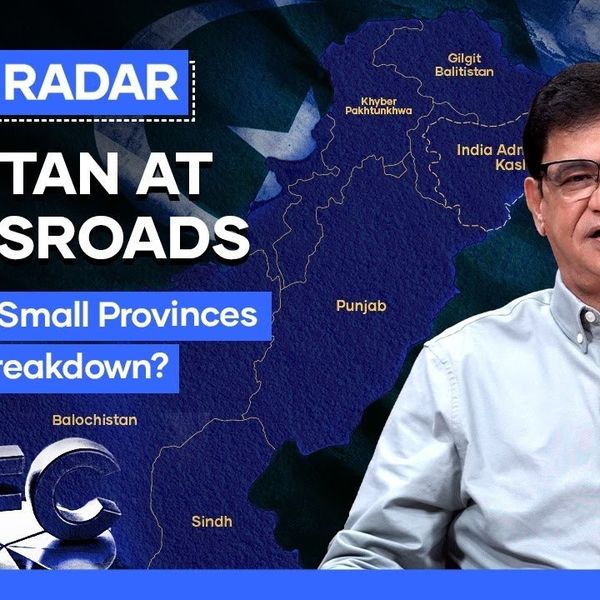Pakistan floods kill over 250 as delayed aid hampers response
Monsoon rains trigger deadly floods; only half of pledged international climate funds have been disbursed
Ali Hamza
Correspondent
Ali; a journalist with 3 years of experience, working in Newspaper. Worked in Field, covered Big Legal Constitutional and Political Events in Pakistan since 2022. Graduate of DePaul University, Chicago.

Pakistan is battling another deadly monsoon season, with more than 250 people killed and thousands affected over the past month. The disaster has renewed focus on the slow delivery of billions in international aid promised after the country’s devastating 2022 floods.
According to Pakistan’s National Disaster Management Authority (NDMA), at least 258 people have died in flood-related incidents from June 26 to July 24. Children make up a large number of the victims. Punjab province is the worst affected, with 115 deaths, including 65 children.
Khyber Pakhtunkhwa has reported 63 fatalities, followed by 25 in Sindh, 16 in Balochistan, 8 in Islamabad, 5 in Gilgit-Baltistan, and 2 in Pakistan-administered Kashmir.
More than 600 people have been injured. The floods have destroyed 230 homes and partially damaged nearly 800 others. In the country’s northern regions, including Gilgit-Baltistan and KP, heavy rains have caused severe structural damage. Farming communities have lost at least 364 livestock, adding to their hardship.
NDMA said emergency teams have carried out 148 rescue operations, saving 1,777 people. Twenty-seven relief and medical camps have been set up, and about 7,000 relief items—including tents, hygiene kits, and tarpaulins—have been distributed.
The floods come just two years after catastrophic monsoon rains left a third of Pakistan submerged in 2022, displacing millions and prompting a global aid response.
In January 2023, Pakistan hosted the “International Conference on Climate Resilient Pakistan” in Geneva. Led by then-Foreign Minister Bilawal Bhutto Zardari, the conference brought together 21 donor countries and global financial institutions. A total of $10.99 billion was pledged to help Pakistan recover and prepare for future climate shocks.
However, more than two and a half years later, only $4.978 billion of that aid has been delivered. Of the $6.38 billion promised for climate adaptation, just $2.54 billion has reached Pakistan. Likewise, only $1.63 billion of the $4.6 billion pledged for oil financing has been disbursed.
This funding gap has left Pakistan vulnerable, with limited capacity to invest in climate resilience or prepare for new disasters.
“This year’s floods are a reminder of the country’s growing exposure to climate change,” the NDMA said. “Pakistan contributes little to global emissions but continues to suffer the most.”
Experts say the country’s experience should serve as a warning for the international community: pledging climate finance is not enough. Timely delivery is crucial to help vulnerable countries withstand worsening weather events.
Pakistan’s government has repeatedly called for more support, noting that the effects of climate change are escalating faster than expected.
As monsoon patterns grow more intense and unpredictable, officials warn that without urgent financial assistance and long-term climate planning, the country’s disaster response will continue to fall short.










Comments
See what people are discussing